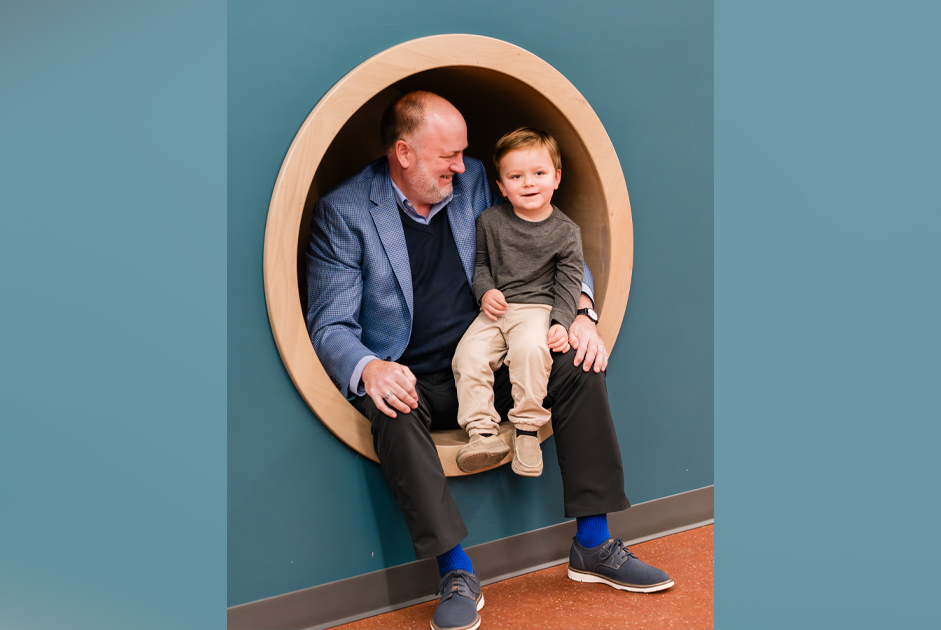Are emotions contagious?
There’s a psychological phenomenon called emotional contagion that implies emotions produce energy that can be transferred from person to person. A typical example would be a coach’s pregame speech to psych up his team before a big game. Another might be an animated, highly emotional church sermon. Few would argue the energy surely passes from one to another in these instances. But what about a coworker’s frustration taken out on their peers, or a friend sharing a personal dilemma? How about a teenager’s hormones out of balance causing anger and rebellion? And then of course there are parents unleashing their own issues onto their family masking the real issue via some undone chore or project that should have been completed. If we understand this passage of energy we can recognize when it’s happening to us, and understand how we unconsciously do the same to others including our children.
Author, speaker, and blogger Gretchen Rubin states, “Studies show that in this phenomenon called ‘emotional contagion,’ we unconsciously catch emotions from other people, whether good moods or bad ones.” Best-selling author Malcolm Gladwell advises that “Emotion goes inside-out. Emotional contagion, though, suggests that the opposite is also true.” He makes an interesting point in that “If we think about emotion this way-as outside-in, not inside-out,-it is possible to understand how some people can have an enormous amount of influence over others. Some of us, after all, are very good at expressing emotions and feelings, which means that we are far more emotionally contagious than the rest of us. Psychologists call these people ‘senders.’” John T. Cacioppo, co-founder of the field of social neuroscience and Professor at the University of Chicago, makes this interesting observation. “There are carriers, people who are very expressive, and there are people who are especially susceptible. It’s not that emotional contagion is a disease. But the mechanism is the same.”
Ever since I first learned of this phenomenon I’ve been more cognizant of how easily it takes place every day. Especially its impact on me. What I’ve worked on is a better awareness of my impact on others. After all, it’s easy to see and feel the impact on ourselves. It’s much more difficult to be awake in the moment that we are influencing others. Then of course there are stories like this one…
Marc Goodman, Technology Author, identifies an intriguing study published by the National Academy of Sciences, whereby he says, “in mid-2014 a study published by researchers at Facebook and Cornell University, revealed that social networks can manipulate the emotions of their users simply by algorithmically altering what they see in the news feed.” Facebook altered the feeds of 700,000 users, by displaying more happy news to one group and more sad news to the other, on their news feeds. As you would expect, those with more happy news items felt happier (as expressed by happier postings) and vice-versa. They concluded, “Emotional states can be transferred to others via emotional contagion, leading people to experience the same emotions without their awareness.” I must admit the “without their awareness” part was a little alarming to me.
Realizing this effect exists can greatly help us overcome the immediate and sustained impact others’ emotions, and “stories” can have on us. However, equally, we need to see, and this is the important part, while it’s happening, the effect OUR emotions are having on others. We can’t just assume because we understand this concept they must also be aware. And therefore, it’s their obligation to manage the effect on themselves. That’s not how it should work. The trick is to see it when it’s happening and alter or otherwise modify our approach to create the desired effect which is to make the situation better for all. This may involve some post-event repair assuming our raw emotions got the best of us in the moment.
It’s like anything else, it requires practice. It takes time to rewire our inherent thought processes. But if we want to make a difference in our lives and the lives of those around us we must try. The world is tough enough and throws obstacles and trials in our way all the time. We’re constantly navigating the rough waters in the best way we know how. But the more we as a population understand this simple concept the greater the difference we can make for ourselves and others in navigating and overcoming the turbulent waves.
So, as we go about our typical day, let’s all take note of this bit of news, understanding our genuine influence on others. And be mindful of what Daniel Goleman, best-selling author of Emotional Intelligence, stated when he recalled the head of a small organization who said, “When my mind is full of anger, other people catch it like the flu.”
Stay well!
To comment and see more visit theviewfrommysection.com.



















